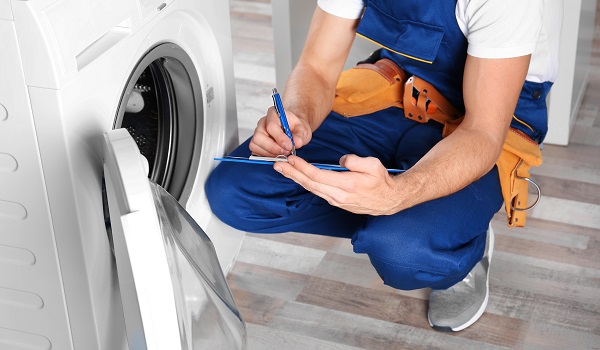It is important to understand that appliances warranty is different to coverage for automobiles and appliances. For most home warranties it will cover normal wear and tear including accidental damage. However, some warranties do not include routine maintenance or repairs as part of the warranty. This means that in the event that you have an appliance breakdown and wish to submit a claim for a replacement or repair cost, you must first check with your appliance supplier or manufacturer.
One-Year Warranty:
Appliances usually come with a specified warranty period. This warranty usually covers normal wear and tear as well as a few other common problems. For example, it will usually cover you for a one-year period if you buy or hire the appliance brand name and it should cover you for a certain amount of use in any one year. Your warranty usually does not cover normal breaks or damage caused by misuse (which includes sponges, detergents, ovens and so forth). If your appliances were newly bought, they will probably have a standard warranty, which will be more or less in line with the estimated lifespan of the appliance.
How Warranty Works?
In the event that your appliance breaks down or stops working because of a covered problem, you can submit a claim for your home warranty or an appliance part. The most common method of submitting a claim is through the department of motor vehicles (DMV).
Each state has their own laws regarding appliance and home warranty claims, but they are often pretty easy to follow.
You can usually send the appliance in to the DMV and they will look at it and determine if you qualify under their guidelines and process a home warranty claim or a new appliance part.
Remember that: in addition to the appliances warranty and Lexus extended warranty plans you have purchased, you will also need a service contract from the company who sold you the appliance. This service contract will outline what repairs the appliance will need to be made and it will also cover all of the regular scheduled maintenance or repairs that need to be done on the appliance. You will also have to purchase an additional warranty if the appliance was purchased from an unbranded department store. In many cases, these warranties are still transferable to the new owner but it is always best to double check with the retailer as they may not carry all of the appliances covered by their appliances warranty.
